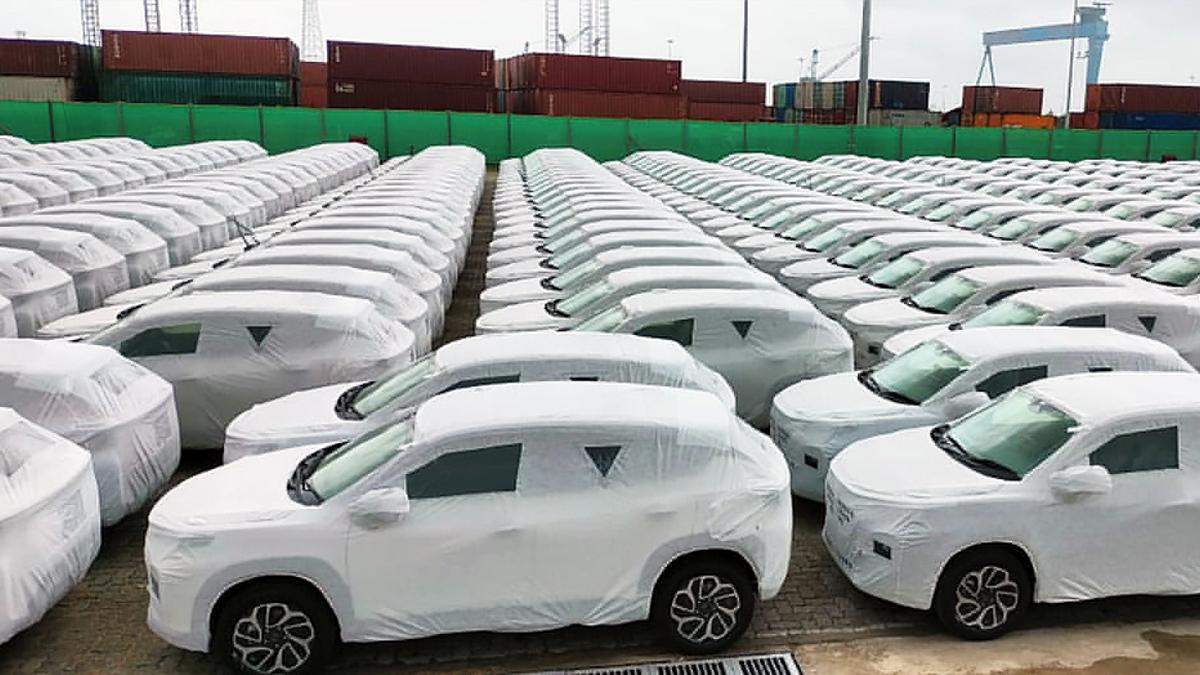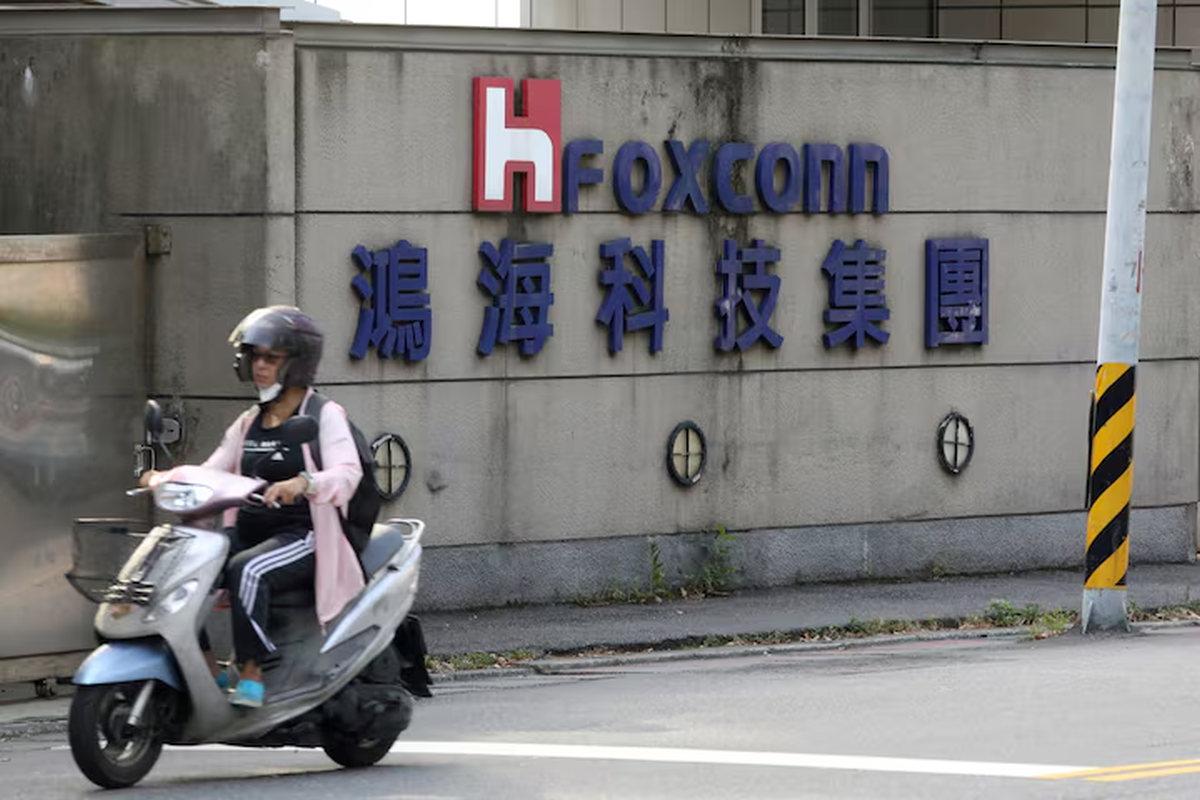‘My understanding is that the rules are weighted in favour of big cars, even though smaller cars emit fewer emissions per passenger, use less material, and consume less fuel,’ Bhargava said in an interview with Business Standard.

Kindly note the image has been posted only for representational purposes.
IMAGE: A consignment of over 1600 ‘Made In India’ SUVs from Maruti Suzuki being exported to Japan. Photograph: ANI Photo
Maruti Suzuki Chairman R C Bhargava raised concerns over the proposed Corporate Average Fuel Efficiency (CAFE) 3 norms, arguing that they unfairly favoured bigger vehicles despite the environmental and resource efficiency of small cars.
CAFE norms are government-mandated fuel consumption standards that require auto manufacturers to meet fleet-wide average carbon dioxide emission targets, based on vehicle weight and sales volume.
These norms are designed to reduce oil imports and carbon emissions from road transport.
“The CAFE norms were based on the European car market, where small car sales have declined due to high prices.
“My understanding is that the rules are weighted in favour of big cars, even though smaller cars emit fewer emissions per passenger, use less material, and consume less fuel,” Bhargava said in an interview with Business Standard.
Bhargava’s remarks stand in contrast to the stance taken by several global and domestic automakers operating in India, who have opposed any proposal to link CAFE 3 norms with the vehicle size, a move they believe would give small cars an unfair advantage.
He asserted that such differentiation is necessary, given India’s unique transportation needs.
He emphasised that CAFE norms are just one of the several regulatory levers that ultimately shape the pricing and production mix of vehicles in the country.
“Two-thirds of the population relies on scooters and motorcycles for personal transport.
“This large segment needs a safe, comfortable, and affordable means of mobility, which logically means small cars.
“Regulations and taxes, including CAFE norms, should support this segment and not just cater to premium vehicles for the rich,” he explained.
Bhargava also lashed out at rival automakers for adopting a self-serving approach in their opposition to the proposed norms.
“Unfortunately, carmakers are focusing on what their companies want, not what the country needs.
“The government must prioritise national interest,” he said.

IMAGE: R C Bhargava, Chairman, Maruti Suzuki. Photograph: Kind courtesy Marutisuzuki.com
Bhargava’s comments come at a time when the CAFE 3 norms have thrown the automobile industry into a tizzy.
These norms mandate a one-third reduction in average vehicle emissions by April 1, 2027.
Major automakers like Tata Motors, Mahindra & Mahindra, and Toyota Kirloskar have voiced concerns, particularly about a potential relaxation for small cars being considered by the ministry of heavy industries.
Industry body, the Society of Indian Automobile Manufacturers, warned that stricter regulations could drive up vehicle prices significantly, at a time when the market is in deceleration mode.
While the Indian passenger vehicle industry experienced robust growth over the last two years, projections for FY26 estimate a modest increase of just 1-4 per cent.
Feature Presentation: Ashish Narsale/Rediff




